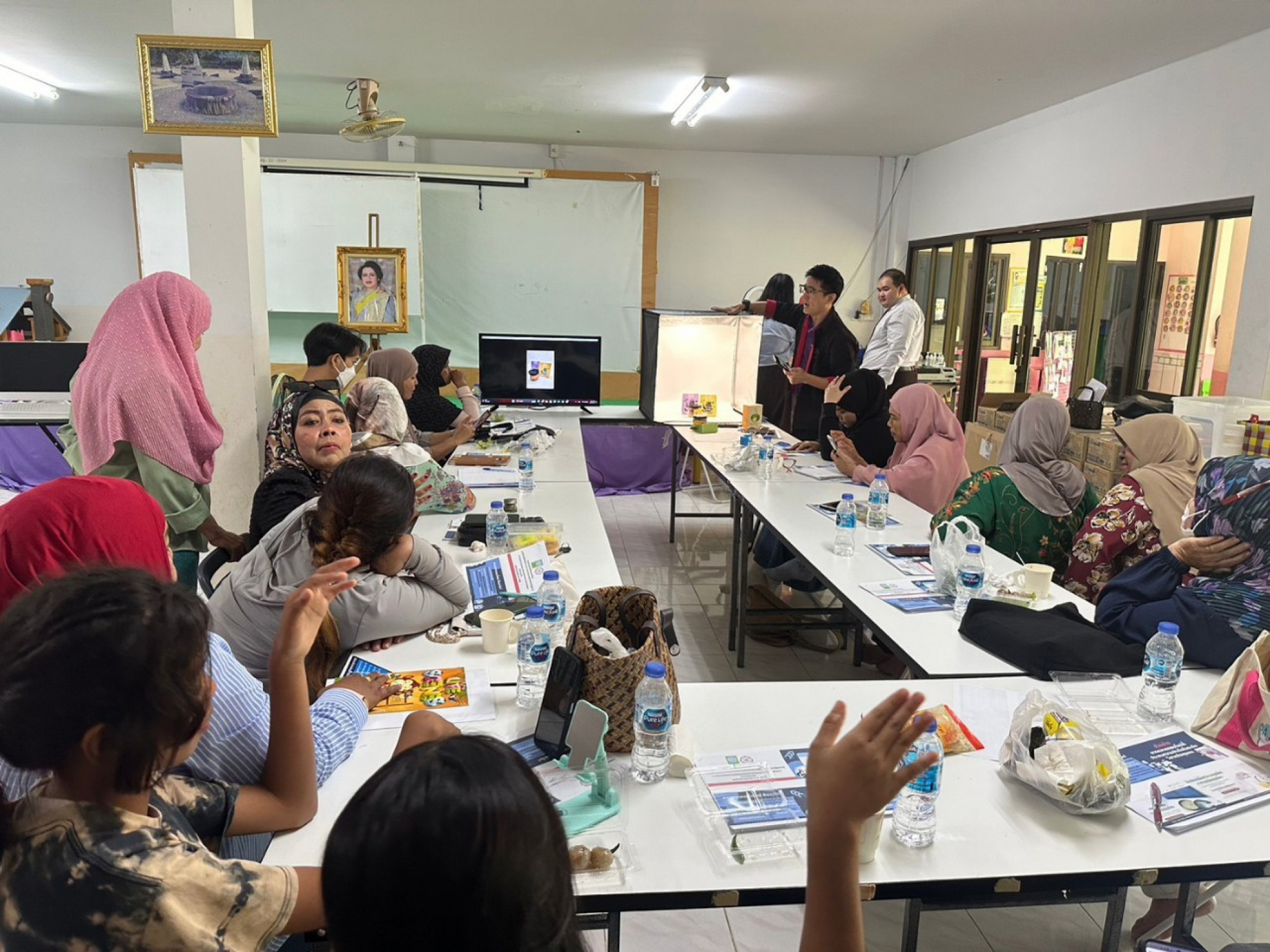





| Target | Indicator | Result |
|---|---|---|

SDG 8
DECENT WORK AND ECONOMIC GROWTH
|
||
Given the societal transition towards a more inclusive society of older persons, encouraging job opportunities is another mechanism to address challenges associated with this shrinking workforce and strengthen active aging, leading to the value of older persons. This study
introduces a framework for older persons based on community enterprises to bridge the gaps in previous research. It sheds more light on sustainable improvement in the older person’s quality of life. Another objective is to explore supportive methods for older persons’ well-being and job security. Based on a qualitative approach, the study adopted semi-structured interviews, group discussions, and observational methods from 20 older people. The findings indicate that older persons transform resources, encompassing social, cultural, human, economic, and psychological capital, which are utilized in strategies for aging well. Regarding work-related strategy, the employment status of older persons is closely tied to their membership status. Furthermore, this study reveals that older persons’ job security is associated with meaningful use of leisure time and the development of diverse skills.
The policy recommendations derived from lessons learned by observing the work of older persons in the Wat Dong Takhop community enterprise will be presented as an applied empathy map. This approach helps develop policies by understanding the perspectives of the target group, based on their experiences and the observations of the researchers.
1) Let the Community Care for Older Persons
Most older people share a close bond with their community. Thus, the community should be the foundation for their well-being, allowing them to live happily and choose their own path. By joining community networks, older persons can engage in various social activities, contributing to a sense of belonging.
However, a key challenge in allowing the community to care for older persons is the infrastructure needed for a suitable life. Many communities differ in their readiness to support older persons, and such infrastructure doesn’t only refer to physical structures. Social structures are also essential as a safety net to protect older persons. This includes having a watchful neighborhood to monitor potential dangers, providing spaces for social interaction, and having a network of healthcare resources available.
Communities should also be upgraded to become learning spaces that foster the social circles of older persons, enhancing their opportunities to connect and continue personal development.
In terms of work, enabling older persons to remain active in the community economy is essential. This approach not only supports their self-sufficiency but also allows them to contribute to social and economic value. Through their work, older persons can make use of the skills and knowledge in their cultural repertoire. Supporting their continued presence in the community promotes their quality of life, aligned with the concept of Aging in Place, which focuses on creating a seniors-friendly environment that includes a supportive social network and freedom to choose their livelihood (Prasartkul & Satchanawakul, 2021).
2) The Educational Institution as a Supporting Mechanism
Old age does not signal the end of learning, but rather provides an ongoing opportunity to access education. Older people have a strong desire to develop the necessary skills to thrive in an ever-changing society. Educational institutions can play a crucial role in supporting older persons working in the community. By accumulating cultural capital through wisdom and experience, educational institutions can provide the tools and knowledge that older persons need.
Older individuals also wish to expand their products and creatively enter the online market. Educational institutions can help by offering programs that allow older persons to Re-skill (enhancing existing skills), Up-skill (learning new skills), and New-skill (creating entirely new skills). These skill-building opportunities help promote sustainable employment for older persons, enabling them to fulfill their desires.
For instance, older members of the Wat Dong Takhop community enterprise who are interested in accessing the online market need to understand the advantages, disadvantages, and limitations of this market. They would benefit from practical, hands-on instruction rather than theoretical lessons. Additionally, those involved in food production will need to learn about food and culinary technologies to improve and innovate their community products.
